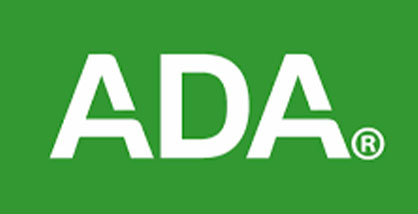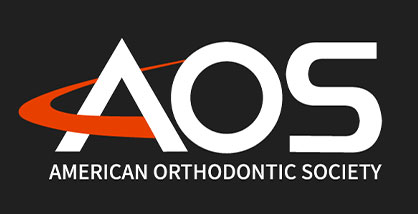Creating good oral health habits at a young age doesn’t have to be like pulling teeth, pun intended! Get your child comfortable today with good mouth healthy habits.
I remember asking, “when should I take my kids to a dentist” The answer was, “the first tooth is as important as the last”. The ADA recommends that your baby experience their inaugural visit to the dentist no later than their first birthday. Happy Birthday little Johnny, here’s a toothbrush!
Although the first visit is mainly for the dentist to examine your child’s mouth and to check growth and development, it’s also about your child being comfortable. To make the visit positive, keep your own anxiety or concerns you have to yourself. Children pick up on your emotions, so emphasize the positive. You may want to consider the time of day when your child is most cooperative to make the appointment.
Your child’s baby teethare at risk for decay as soon as they first appear—The good news is that tooth decay is preventable! First, you have this newborn that you are completely in love with, although a little afraid of doing anything wrong with, now dentists say their mouths need cleaned, even as newborns; how do we do that?
Begin cleaning your baby’s mouth during the first few days after birth by wiping the gums with a clean, moist gauze pad or washcloth. When your child’s teeth begin to come in, brush them gently with a child-size toothbrush and water.
For children older than 2, brush their teethwith a pea-sized amount of toothpaste. Be sure they spit out the toothpaste. Until you’re comfortable that your child can brush on his or her own, continue to brush your child’s teeth twice a day with a child-size toothbrush and a pea-sized amount of fluoride toothpaste. When your child has two teeth that touch, you should begin flossing their teeth daily.
*Note: Discuss your child’s fluoride needs with your dentist or pediatrician. They may recommend a fluoride supplement if you live in an area where the community water is not fluoridated.
Children need strong, healthy teeth to chew their food, speak and have a good-looking smile. What’s more, a good diet is essential for a child’s growth and development. Almost all foods, including milk or vegetables, have some type of sugar, which can contribute to tooth decay. To help control the amount of sugar your child consumes, always try to read food labels and choose foods and beverages that are low in added sugars. Also, select beverages that hydrate and contribute to good nutrition.
According to MyPlate, a website from the Center for Nutrition Policy and Promotion, an agency of U.S. Department of Agriculture, a balanced diet should include fruits and vegetables, grains, dairy, and lean proteins. In addition to a nutritious diet, snacking habits, bottles and pacifiers also impact your child’s oral health. Here are some tips to keep your child’s mouth healthy:
- Place formula, milk or breast milk in bottles. Avoid filling the bottle with sugary drinks.
- Infants should finish their bottles before going to bed. Don’t place a child in a crib with their bottle; it’s not good for their teeth or their ears!
- If your child uses a pacifier, provide one that is clean-always a good rule of thumb!
- Encourage children to drink from a cup by their first birthday and discourage frequent or prolonged use of sippy cups.
Most importantly, model good oral health behavior and habits by eating healthy and caring for your mouth. Most kids want to grow up to be just like Mommy and Daddy!
For more on these topics, click the links below.










